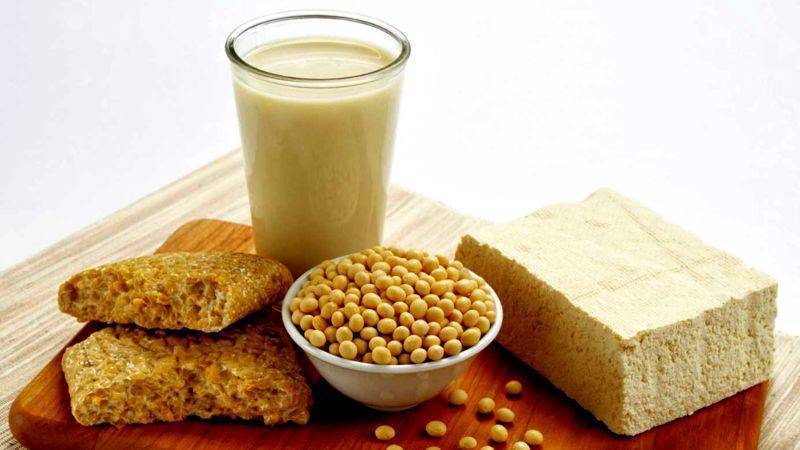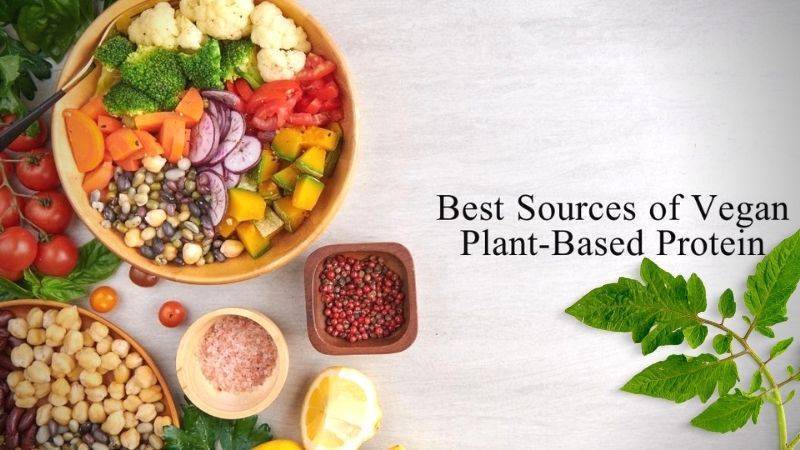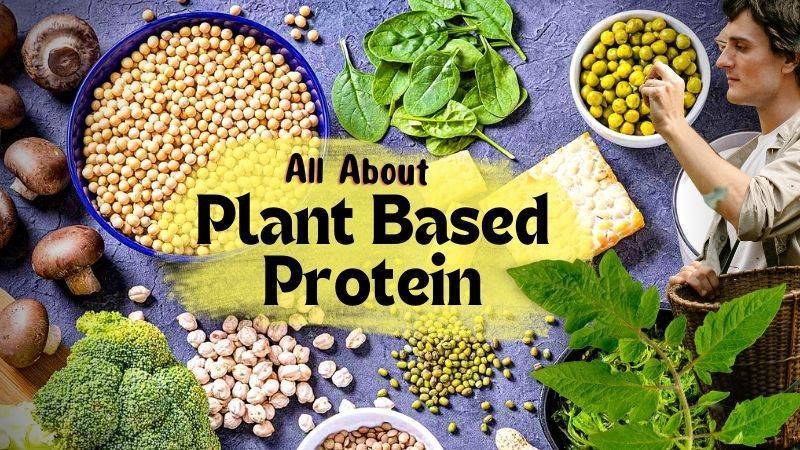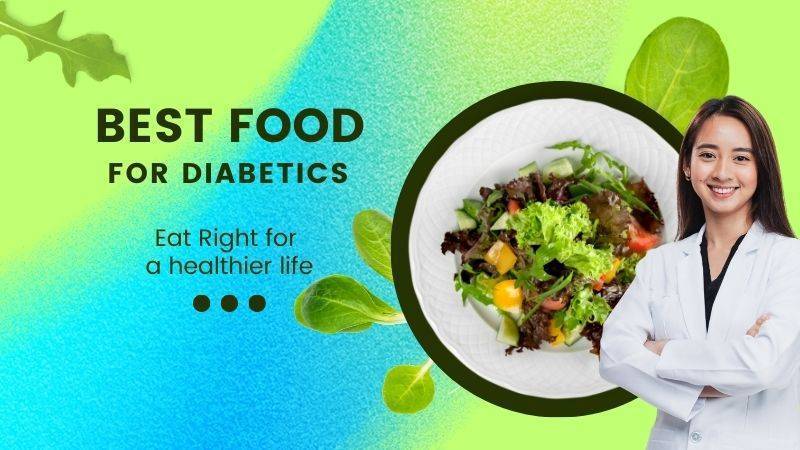Comparison of Plant-Based Proteins
| Plant-Based Protein | Serving Size | Calories | Protein | Fat | Carbohydrates | Fiber | Sodium |
|---|---|---|---|---|---|---|---|
| Black Beans (canned, no salt) | ½ cup | 114 | 7.5g | 0.5g | 20g | 15g | 0.5mg |
| Extra-Firm Tofu | 3.5 oz | 94 | 10.6g | 4.7g | 3.5g | 1.2g | 18mg |
| Chickpeas (canned, low sodium) | ½ cup | 105 | 6g | 2.3g | 16.2g | 5.3g | 158mg |
| Edamame | ½ cup | 94 | 9.2g | 4g | 7g | 4g | 4mg |
| Peanut Butter (smooth, no salt) | 2 tbsp | 191 | 7.1g | 16.4g | 7.1g | 1.4g | 5mg |
| Quinoa (cooked) | 1 cup | 222 | 8.1g | 3.5g | 39.4g | 5.1g | 13mg |
| Oats | ½ cup | 153 | 5.3g | 2.5g | 25g | 4g | 3mg |
| Lentils | ½ cup | 115 | 9g | 0.4g | 20g | 8g | 2mg |
| Vital Wheat Gluten (seitan) | ¼ cup | 104 | 21g | 0.5g | 4g | 0.2g | 10mg |
| Pea Protein Powder | 1 scoop (22g) | 100 | 19g | 2g | 1g | 0g | 260mg |
The Science of Plant-Based Protein
When comparing plant-based protein to animal protein, various factors come into play, like taste and cost. However, if you’re considering plant-based protein for health reasons, it’s essential to understand the scientific basis for its benefits.
Is plant-based protein as healthy as animal protein?

Vegetarians and those concerned about their well-being have often wondered if they can get “complete” protein from plant sources.
Complete proteins contain all 9 essential amino acids that the body cannot produce on its own, and must be obtained through food.
Many plant-based proteins do not contain all the essential amino acids, leading some individuals to think they must combine various plant-based foods to achieve the right balance. A classic example is the pairing of rice and beans.
Regardless, numerous experts now believe that it is probably not necessary to specifically pair vegetarian foods for their amino acids.
A well-rounded diet is likely to provide sufficient quantities of all 20 amino acids, both essential and non-essential.
Vitamin B12
Plant-based proteins struggle to match animal proteins in one area: Vitamin B12.
This vitamin helps the brain work well and forms red blood cells. If you decide to be fully vegan, you might need to take a supplement to get enough of this nutrient.
Can there be bad health effects?
Choosing plant proteins over animal ones can be good for your health. Plant-based diets can help with keeping a healthy weight, lowering the risk of type 2 diabetes, and even living longer.
But there are some things to watch out for.
Processed foods
Some plant-based protein foods, like plant-based meats and cheeses, are highly processed, which might not be good for your health.
A famous plant-based dietitian suggests not eating too many ultra-processed plant-based foods.
Food allergies
People with soy or nut allergies might find it hard to follow a diet high in plant-based protein. Also, those with digestive problems like irritable bowel syndrome may need to be careful with the higher fiber content in many plant-based foods.
Does Soy have a Negative Impact?

There have been concerns about soy causing hormone changes or even cancer. But recent research shows that eating soy foods, like tofu or edamame, is safe and healthy. A study from 2020 even found that soy foods can lower the risk of breast cancer.
Plant-based protein helps the environment
Eating more plant-based proteins is good for both you and the Earth!
Less pollution
A study from 2019 found that being vegan can cut your greenhouse gas emissions in half, while being vegetarian can reduce them by 35%.
Saving water
Plant proteins also use less water than animal proteins.
The Water Footprint Network, a group that works on the world’s water problems, says that meats like beef, chicken, and pork need much more water than plant proteins like beans, nuts, and grains.
For example, beef uses six times more water than beans.
Best plant-based protein sources

Beans are a great choice. They have fiber, which is good for digestion and can lower the risk of some health problems. Animal protein doesn’t have fiber.
Tofu is another good option. It can be used in many dishes because it takes on the flavor of other ingredients. Also, soybean allergies are not as common as people might think. Other top allergens are milk, eggs, fish, shellfish, tree nuts, peanuts, and wheat.
Nuts are also a good source of plant protein. They are easy to eat and can be used in many different ways.
A famous dietitian from Wonderful Pistachios, says that pistachios are a high-protein snack nut. They have 6 grams of protein in a quarter-cup serving.
Who can eat plant-based protein?
Everyone can eat whole, plant-based foods as part of a balanced diet. But some people need to be careful with certain plant foods.
- If you’re on a low-sodium or low-fat diet, check labels on processed plant-based foods like fake burgers, bacon, and cheeses.
- If you’re allergic to plant foods like nuts or soy, read the ingredients to avoid them. And if too much fiber is a problem, pick plant-based proteins carefully.
Soy milk and tofu have lots of protein but not much fiber.






